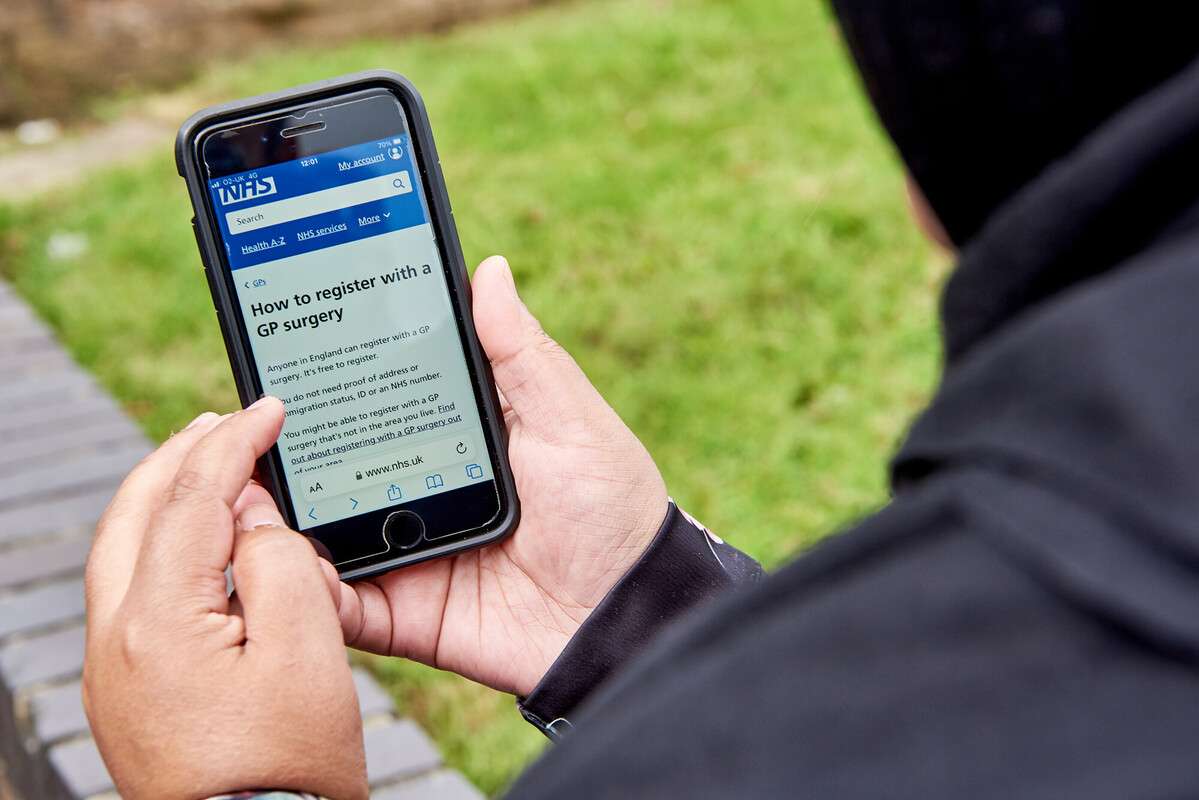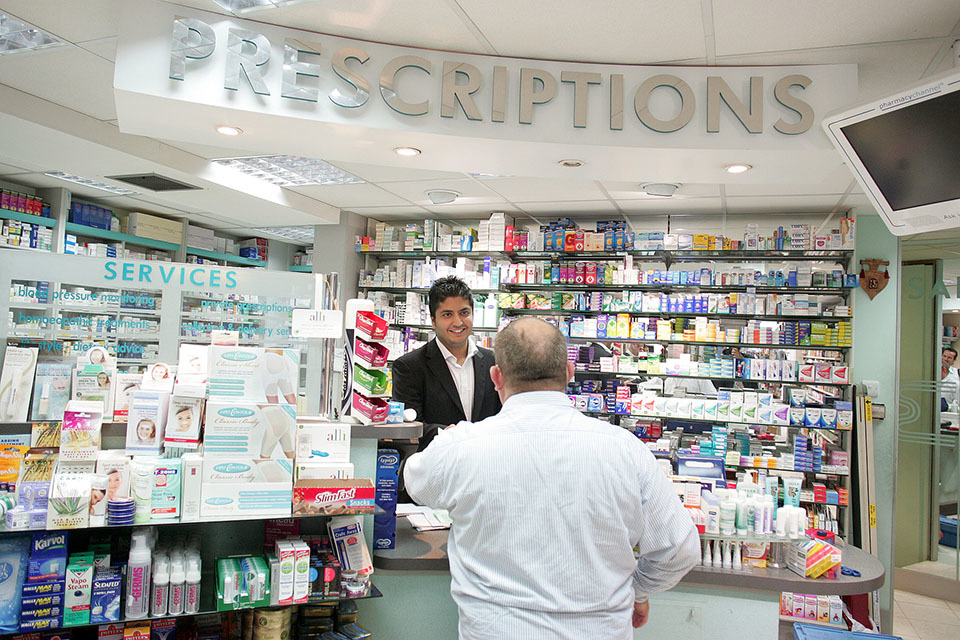150 acute hospital trusts and 7,110 GP practices are helping patients gain more control over appointments
The NHS e-Referral Service (e-RS), the national digital platform used to refer patients from primary care into elective care services, is now used by 100 percent of NHS trusts in England.
According to NHS Digital, a total of 150 acute hospital trusts and 7,110 GP practices have made the move to sending and receiving all first outpatient appointments through the service. There had been a 1 October deadline for acute trusts to fully move to the service, which they have all managed to beat.
The service was launched back in June 2015, replacing the £356m Choose and Book service which had mixed success, with a House of Commons Public Accounts Committee claiming that it had missed the opportunity to improve patient care and data quality, and that annual savings of up to £51m were being missed. The e-Referrals service was touted as a replacement that would use agile and open technologies, and operate at 20 per cent of Choose and Book costs.
Despite some initial technical problems when it launched, the service has largely been successful. Its take-up was given a lift when NHS England said in March that its use would be mandatory from 1 October for acute trusts to ensure payments.
According to NHS Digital, trusts that have already made the move to using e-RS full-time have reported that patients on average receive appointments eight days faster, while the number of patients who fail to attend appointments has dropped by up to 50 percent.
The organisation also said that the move has helped to reduce the amount of paper used in the referral process, and has provided patients with greater control of when and where their appointment will take place.
“Universal use of the NHS e-Referral Service will have a big impact on improving the referral process for both doctors and patients, including enhancing communication between clinicians,” said Dr Stephen Miller, national medical director of the e-RS programme within NHS Digital.
“This will result in fewer missed appointments, greater choice for patients and also a reduced number of unnecessary referrals, thanks to the Advice and Guidance function that allows GPs and consultants to discuss a patient’s course of treatment before a referral is considered,” he added.



